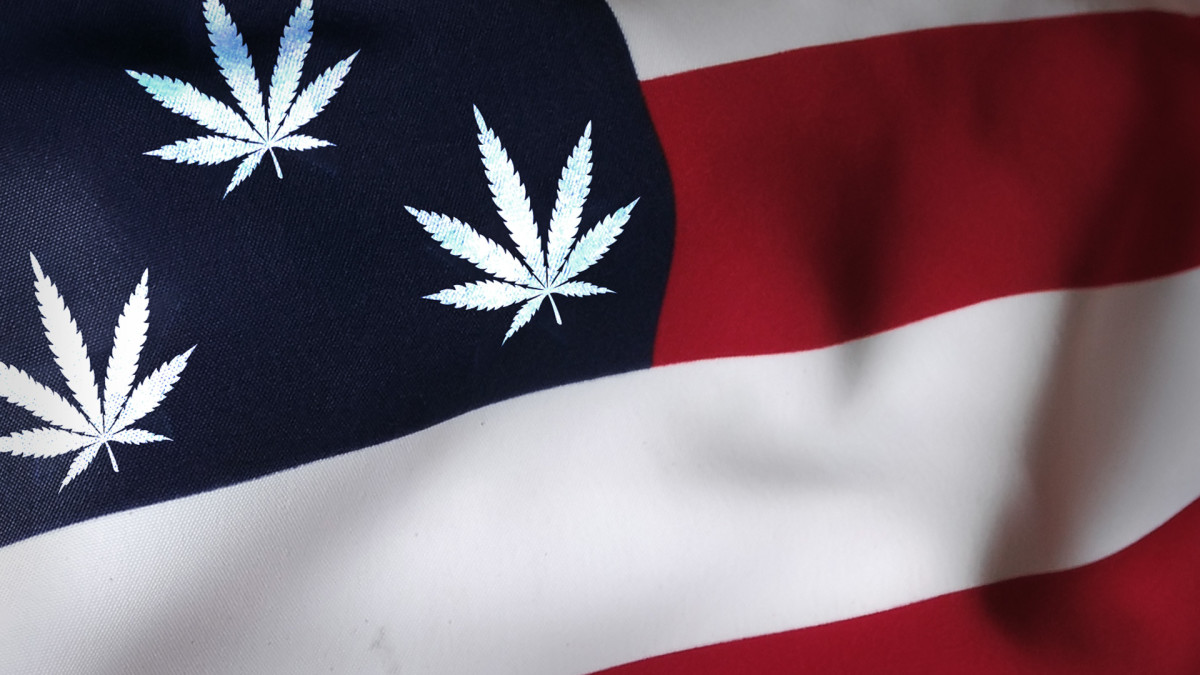
Cannabis investors have been waiting for movement on the SAFE Banking Act, which would free up large banking institutions to provide industry players with much-needed loans and other banking services, for years.
Next week was supposed to be a big milestone in the political process as September 27 was seen as a strong tentative date for a Senate vote on the bill.
Related: Cannabis investors, enthusiasts should circle this week on their calendars
The SAFE Banking Act could save the fledgling U.S. cannabis industry from being crushed by the hard ceiling of lack of banking access as it grows larger.
In the past, Senate Majority Leader Chuck Schumer has pushed to include the SAFE Banking Act into a larger funding packages in order to get it passed, to no avail.
And while the bill has garnered bipartisan support — especially in the House of Representatives — Senate Republicans seem hellbent on slowing up the industry's progress.
Senators Cynthia Lummis (R-Wyo.) and Steve Daines (R-Mont.) have filed new legislation that would prevent federal agencies from rescheduling cannabis without congressional approval.
The Deferring Executive Authority Act was introduced on Thursday by Lummis and Daines, who opposed marijuana being legalized in her own state.
"Congress makes the laws in this country, not D.C. bureaucrats,” said Lummis. “The American people through their elected representatives in the Senate and House should have the final say on such a momentous change as the legalization of marijuana.
"The Biden administration’s rush to reschedule marijuana without compelling scientific evidence appears to be political, not about what’s best for the American people.”
Earlier this summer, Assistant Secretary for Health Rachel Levine sent a letter to DEA Administrator Anne Milgram asking the agency to downgrade marijuana to a schedule III substance, Bloomberg reported, based on a recent Food and Drug Administration review.
The Biden administration instructed the DHHS to review cannabis' schedule I status – which puts it on the same level of illegality as heroin – in 2022 as the President moves slowly to fulfil a campaign promise to at least decriminalize marijuana use.
“If marijuana remains a controlled substance under the CSA under any schedule, that would maintain the existing conflict between the federal government and states that have legalized recreational marijuana, though moving marijuana to a less restrictive schedule could help mitigate conflicts between federal law and state medical marijuana laws,” the Congressional Research Service said in a recent report.







